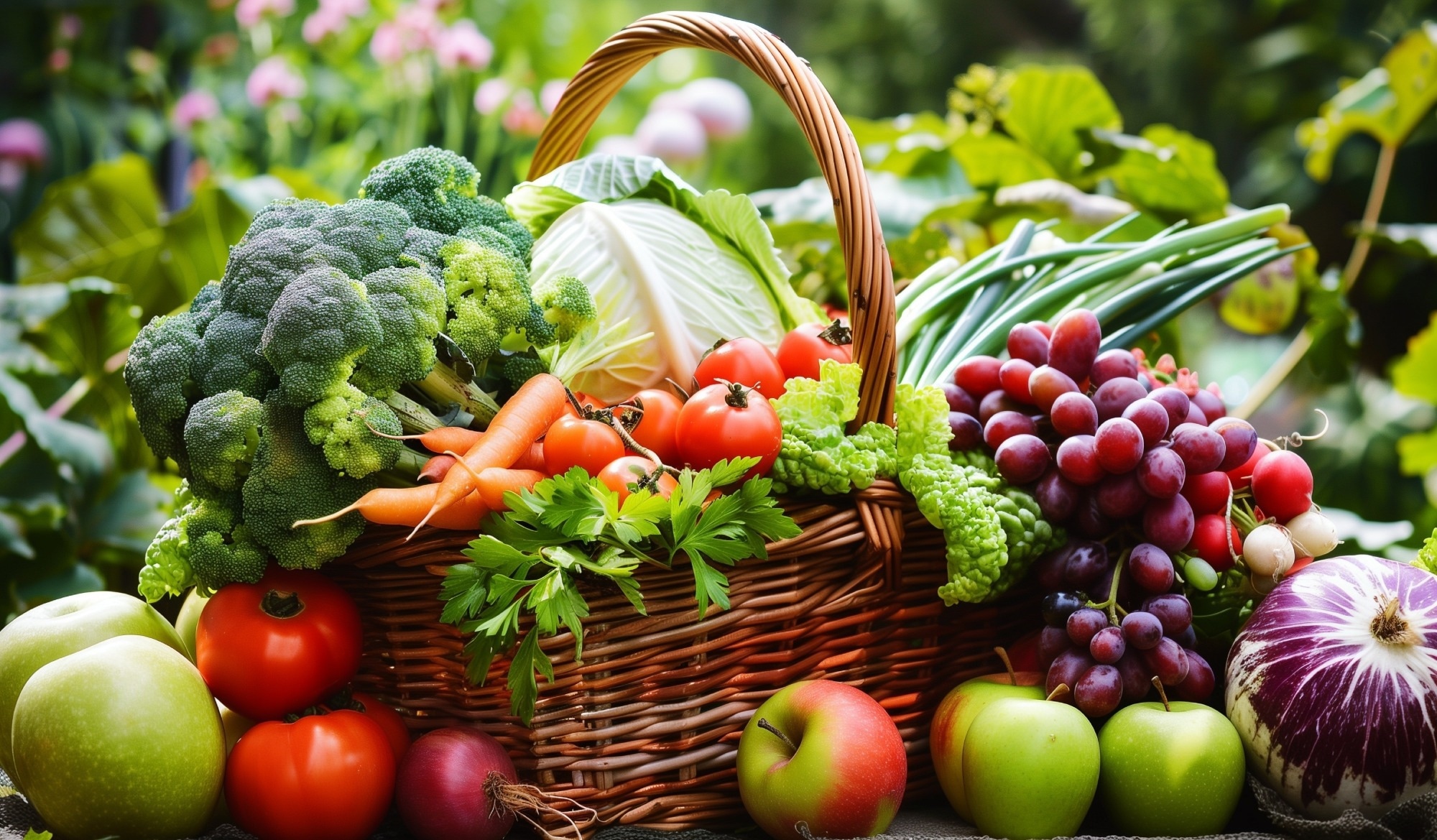A recent American Journal of Medicine study assessed the role of low-acid diets in protecting against kidney and cardiovascular disorders among primary hypertension patients.
 Study: Kidney and Cardiovascular Protection Using Dietary Acid Reduction in Primary Hypertension: A Five-Year, Interventional, Randomized, Control Trial. Image Credit: Theemanan Chantaraphanich / Shutterstock.com
Study: Kidney and Cardiovascular Protection Using Dietary Acid Reduction in Primary Hypertension: A Five-Year, Interventional, Randomized, Control Trial. Image Credit: Theemanan Chantaraphanich / Shutterstock.com
Reducing acid production in the body
Diets rich in fruits and vegetables are recommended as a treatment strategy for primary hypertension. Previous research has shown that the Dietary Approaches to Stop Hypertension (DASH) diet, which is rich in vegetables and fruits, is associated with reduced blood pressure, a lower risk of chronic kidney disease, cardiovascular disease, and associated mortality.
The acid- or base-producing capacity of diets has been correlated with cardiovascular and renal outcomes. Bases, produced by the metabolism of plant-based food products, reduce the incidence and progression of chronic kidney disease and cardiovascular disease.
Thus, base-producing fruits and vegetables can be incorporated into the diet to reduce dietary acid levels; however, these products can be expensive. Alternatively, oral mineral alkalis like sodium bicarbonate (NaHCO3) can increase base production in the body. Nevertheless, it is essential to understand the different beneficial effects of dietary acid reduction with fruits and vegetables or NaHCO3.
About the study
The researchers of the current study were primarily interested in evaluating the differential effects of dietary acid reduction through NaHCO3 or fruits and vegetables on renal and cardiovascular outcomes in primary hypertension patients. Subsequently, normal kidney function and the presence of macroalbuminuria, a kidney disease with a high subsequent risk of cardiovascular disease, were evaluated.
A total of 153 hypertensive and macroalbuminuric patients were randomized to consume fruits and vegetables, oral NaHCO3, or continue usual medical care. All study participants had chronic kidney disease and were at a high risk of developing cardiovascular disease.
Study findings
The progression of chronic kidney disease was slower in the fruits and vegetables and oral NaHCO3 groups than in the usual care group. The baseline distribution of age, sex, race/ethnicity, systolic blood pressure, potential renal acid load, and serum electrolytes was not different across the groups, which minimized the effects of potential confounding factors.
Study participants who consumed fruits and vegetables reported significantly reduced potential renal acid load. These effects remained consistent for every year after baseline. Estimation was carried out using mixed linear regressions with random person intercepts.
Relative to the NaHCO3 and usual care groups, the group consuming fruits and vegetables reported higher estimated glomerular filtration rates (eGFRs). These differences were statistically significant in the second year of follow-up and sustained thereafter. The usual care group exhibited faster declines in GFRs than the other groups. Age was a significant predictor of lower GFR.
All three groups exhibited a decline in systolic blood pressure levels in the first year; however, this reduction was greatest in the fruits and vegetables group and remained consistently lower throughout the five-year follow-up period. No differences in systolic blood pressure levels were observed between the usual care and NaHCO3 groups.
The urine albumin-to-creatinine ratio was lower in the NaHCO3 group in the first year of follow-up. Comparatively, this ratio was lower in the second year of follow-up for participants in the fruits and vegetables group.
Study participants in the fruits and vegetables group also exhibited lower normal lipoprotein a (Lp[a]) cholesterol levels and body mass index (BMI) values than the two other groups. This effect was evident in the first year of follow-up, whereas lower low-density lipoprotein (LDL) cholesterol values were observed in the second year of follow-up. No significant differences in high-density lipoprotein (HDL) cholesterol levels were observed in the three groups.
Study participants in the fruits and vegetables group were prescribed a lower median dose of enalapril, diltiazem, and atorvastatin than the usual care group. Similarly, the NaHCO3 participants were prescribed a lower median dose of atorvastatin and enalapril. NaHCO3 participants were also prescribed a higher median dose of hydrochlorothiazide than the usual care group.
Conclusions
The study findings report similar kidney protection with either fruits and vegetables or NaHCO3; however, consuming fruits and vegetables provided superior protection against cardiovascular disease. These benefits were achieved despite these patients being prescribed lower doses of cardiovascular disease and pharmacologic chronic kidney disease medications.
Journal reference:
- Goraya, N., Madias, N. E., Simoni, J., et al. (2024) Kidney and Cardiovascular Protection Using Dietary Acid Reduction in Primary Hypertension: A Five-Year, Interventional, Randomized, Control Trial. American Journal of Medicine. doi:10.1016/j.amjmed.2024.06.006